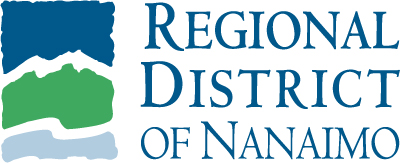Rachelle Stein-Wotten
Local Journalism Initiative Reporter, Gabriola Sounder
Solid waste volumes in the Regional District of Nanaimo have increased on average by 6 per cent a year over the past seven years, a result of a growing population, new construction starts and renovations as well as consumer growth, according to the regional district.
The RDN board of directors approved the 2023-47 solid waste services financial and asset management plan, last updated in 2020, at their Oct. 24 board meeting. The regional waste analysis included in the staff report accompanying the plan says while waste volumes in the region are expected to decrease in the next couple years, new estimates are that annual waste volumes will be 65,000 tonnes by 2026 while the plan from three years ago forecasted waste generation of 60,000 tonnes annually. The projected tonnage for 2023 is 82,000, up from 79,019 tonnes in 2022.
“As a result of these higher waste volumes over the past two years, the lifespan of the regional landfill has been reduced by approximately 2.8 years,” the report says. That has led the RDN to begin planning the construction of the landfill’s Phase 6, the final phase of the landfill, nearly a decade sooner than predicted.
The 2023 plan, which assumes population growth over the long term remains steady at 2 per cent per year, forecasts the closure of the regional landfill in 2047, based on current compaction rates and with waste volumes relative to the current diversion percentage of 65-68 per cent. The 2020 solid waste management plan aims for 85 per cent diversion by the end of the decade. But RDN staff expect that increased waste diversion, once it ramps up again, coupled with waste shredding advancements being implemented will likely see that closure date extended.
The RDN has received approval from the Ministry of Environment and Climate Change for its mandatory waste source separation bylaw, but despite numerous followups, the ministry has still not approved the RDN’s waste hauler licensing bylaw. The regional district has said both bylaws play a critical role in reaching diversion goals. The board directed Chair Vanessa Craig to write another followup letter to Minister George Heyman inquiring about the status of the decision-making process at the same October board meeting.





Recent Comments